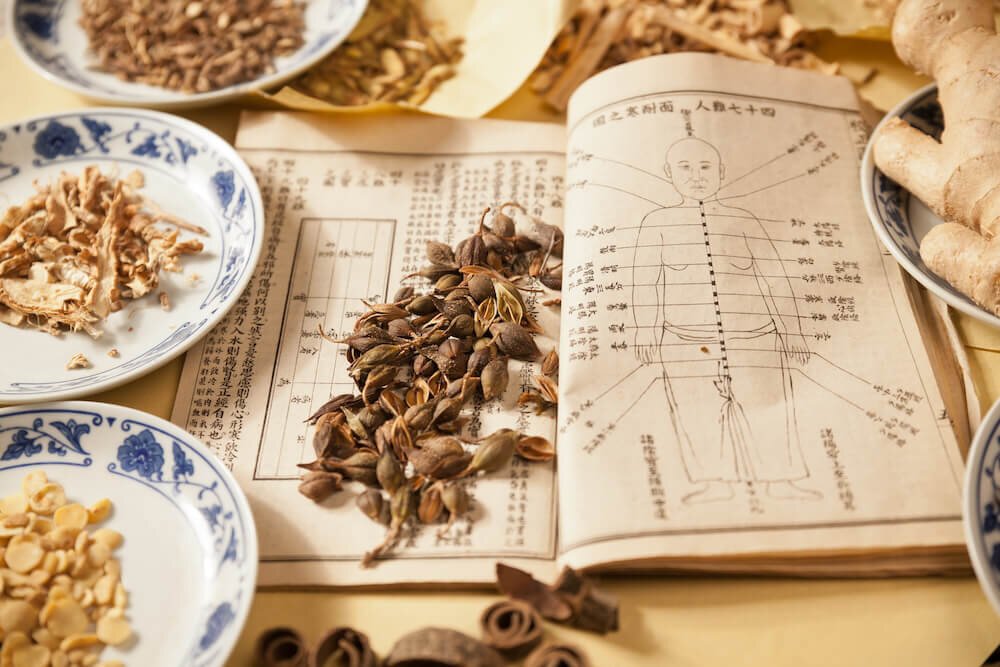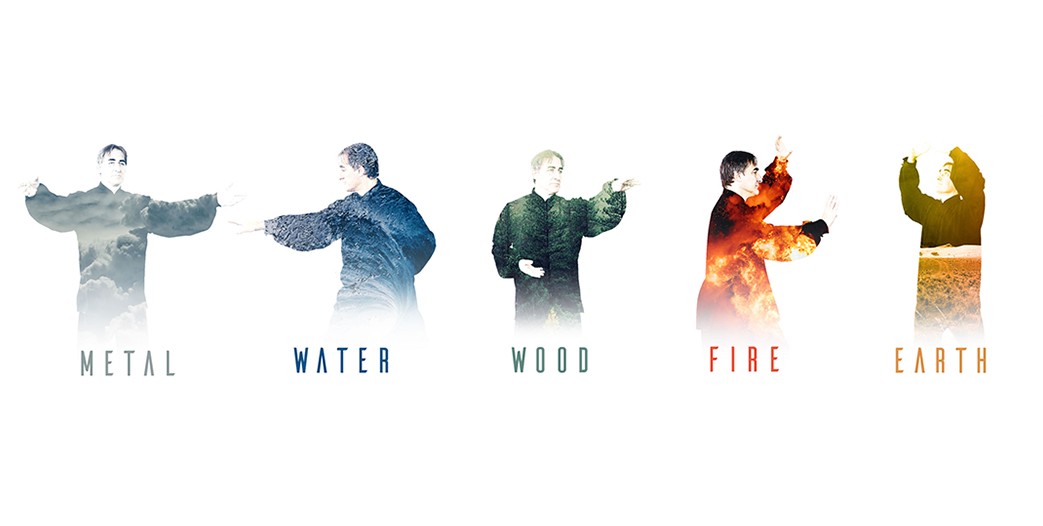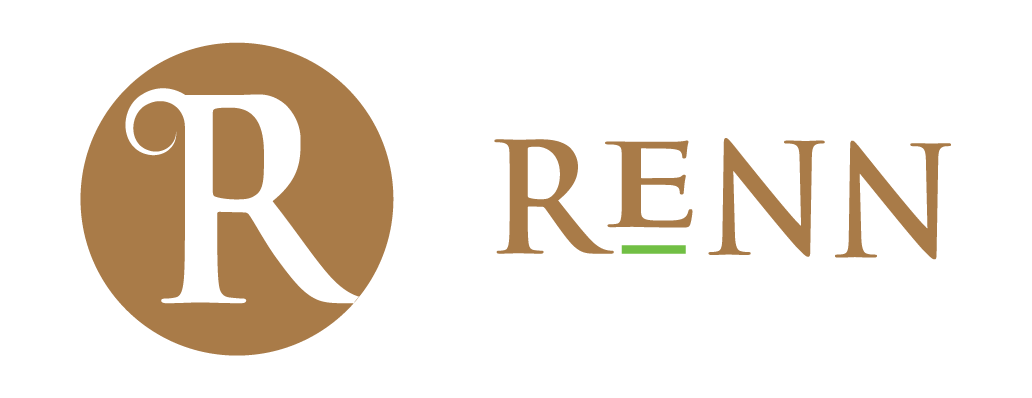Introduction to Traditional Chinese Medicine: Principles and Philosophy
Crafted by: Jonathan Chew

Introduction: TCM - A Holistic Approach to Health
Traditional Chinese Medicine (TCM) is an ancient system of health and healing that views the body as a dynamic balance of energy, matter, and spirit. TCM focuses not just on treating symptoms but on understanding the root causes of imbalances in the body’s energy, known as Qi, and aims to restore harmony and wellness through a variety of therapeutic techniques.
📌 Did You Know?
✔ TCM has been practiced for over 2,000 years and is still widely used today across the globe.
✔ It is based on the belief that the body is interconnected, and healing requires addressing the whole person—mind, body, and spirit.
✔ Acupuncture, herbal remedies, and dietary adjustments are key components of TCM.
💡 In this guide, we’ll explore:
✔ The fundamental principles of TCM.
✔ The philosophy behind Qi and the balance of Yin and Yang.
✔ How TCM treats common health issues naturally and effectively.
What Are the Core Principles of TCM?
Traditional Chinese Medicine is built on several fundamental principles, each of which plays a role in diagnosing and treating illnesses. These principles guide the practitioner’s approach to treatment and understanding of disease.
📌 Key TCM Principles:
❌ Qi (Energy Flow) – The concept of life force or energy that flows throughout the body, influencing physical and emotional health. Blocked or imbalanced Qi can lead to illness.
❌ Yin and Yang – Opposing but complementary forces that must remain in balance. Yin represents the cooling, restful, and passive qualities, while Yang represents the active, hot, and expansive energies.
❌ The Five Elements – Wood, Fire, Earth, Metal, and Water. These elements correspond to different organs and systems in the body and must be in harmony for optimal health.
❌ Zang Fu Theory – A classification system of the internal organs based on their functional relationships with one another and their corresponding elements.
🚀 Example: If someone experiences constant fatigue (low energy) and insomnia (overactive), their Qi may be unbalanced, and Yin-Yang disharmony may be at play.
The Philosophy Behind Qi and the Balance of Yin and Yang
In TCM, health is believed to depend on the harmonious flow of Qi throughout the body. Any disruption, blockage, or imbalance in Qi can lead to illness. Yin and Yang, the dynamic forces of the universe, regulate the balance of Qi.
📌 How Yin and Yang Influence Health:
✔ Yin represents nourishment, cooling, and rest. When there is too much Yang (heat), Yin is depleted, leading to conditions like fever or irritability.
✔ Yang represents activity, warmth, and energy. If there is too much Yin (coldness), Yang is insufficient, leading to conditions like fatigue or digestive issues.
✔ The goal is to maintain a dynamic equilibrium between Yin and Yang to ensure the proper flow of Qi.
🚀 Example: If a person experiences digestive problems and cold extremities, this may indicate an excess of Yin and a lack of Yang, requiring restorative therapies to balance both energies.
How TCM Treats Health Conditions Naturally
TCM’s approach to treating illness is deeply holistic and personalized. It doesn’t merely address symptoms but works to uncover and address the root causes of disease. TCM offers a variety of treatments, from acupuncture to herbal medicine, that aim to balance the body’s Qi and harmonize Yin and Yang.
📌 TCM Treatment Methods:
✔ Acupuncture – Inserting fine needles into specific points along energy pathways (meridians) to restore the flow of Qi.
✔ Herbal Medicine – Using plant-based remedies to nourish and balance the body’s energy systems.
✔ Dietary Therapy – Tailoring nutrition to support individual health needs based on the principles of TCM.
✔ Cupping & Moxibustion – Techniques used to improve circulation, relieve pain, and invigorate the Qi.
✔ Tai Chi & Qi Gong – Gentle movement practices to improve energy flow and promote emotional and physical balance.
🚀 Example: Someone with chronic pain and stress may benefit from acupuncture to unblock Qi flow, herbal medicine to calm the nervous system, and Tai Chi to improve energy and circulation.

The Role of the Five Elements in TCM Healing
The Five Elements theory is central to understanding how TCM diagnoses and treats various health conditions. Each element corresponds to specific organs, emotions, and environmental factors that affect the body’s energy.
📌 The Five Elements and Their Correspondence:
✔ Wood – Liver (detoxification and emotional balance), Spring (new growth), Anger (emotional imbalance).
✔ Fire – Heart (circulation, joy, and vitality), Summer (heat), Joy (emotion that strengthens the heart).
✔ Earth – Spleen (digestion and nurturing), Late Summer (harvest), Worry (emotion affecting digestion).
✔ Metal – Lung (respiration and immunity), Autumn (release), Grief (emotion that impacts the lungs).
✔ Water – Kidneys (longevity, reproductive health), Winter (rest), Fear (emotion tied to the kidneys).
🚀 Example: A person with digestive issues (Earth element) and a tendency to overthink or worry might benefit from strengthening their Spleen and managing mental stress.
TCM’s Holistic Approach to Disease Prevention
Unlike conventional medicine, which often focuses on treating symptoms, TCM emphasizes prevention and maintaining balance. It advocates for the consistent practice of healthy habits to keep Qi flowing smoothly and to prevent imbalances before they lead to disease.
📌 TCM Prevention Strategies:
✔ Dietary Adjustments – Eating in harmony with the seasons, choosing foods that support Qi and balance the elements.
✔ Regular Acupuncture – Stimulating specific points to maintain balance and energy flow.
✔ Lifestyle Practices – Incorporating mindfulness, rest, and physical activity to enhance Qi flow.
🚀 Example: A person with a strong immune system may practice regular acupuncture and consume warming foods during winter to bolster their Yang energy, helping prevent illness.
Conclusion: The Timeless Wisdom of TCM
Traditional Chinese Medicine offers a unique and holistic approach to health, blending ancient wisdom with natural therapies. By understanding the principles of Qi, Yin and Yang, and the Five Elements, individuals can gain insight into their health and well-being. TCM’s methods go beyond symptom management, seeking to restore harmony within the body for lasting health.
📞 Ready to Explore TCM for Your Health?
Schedule a consultation today to begin your journey to balance, wellness, and vitality!

